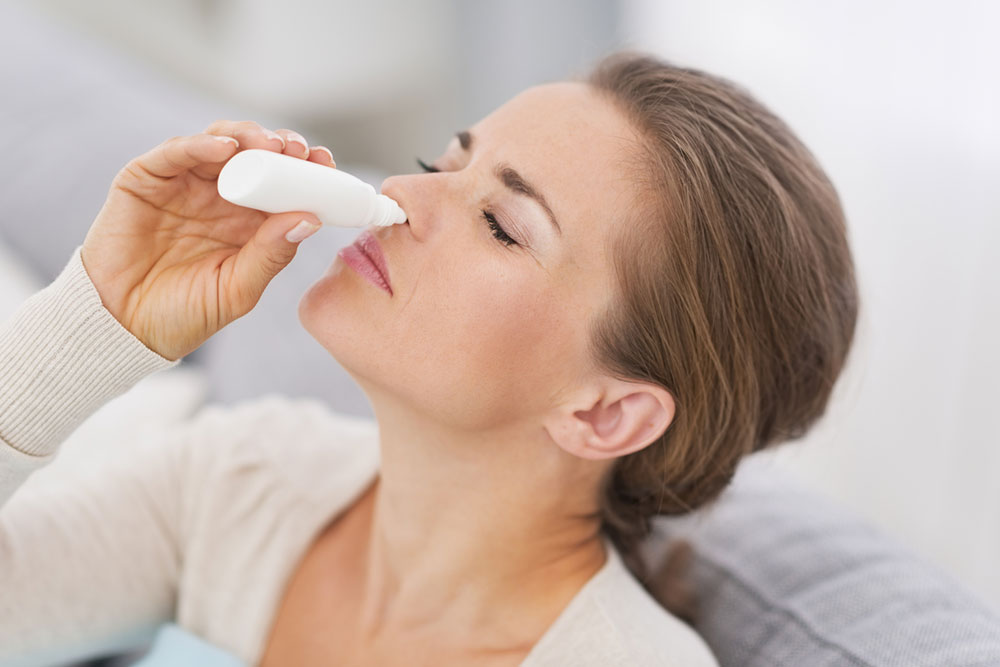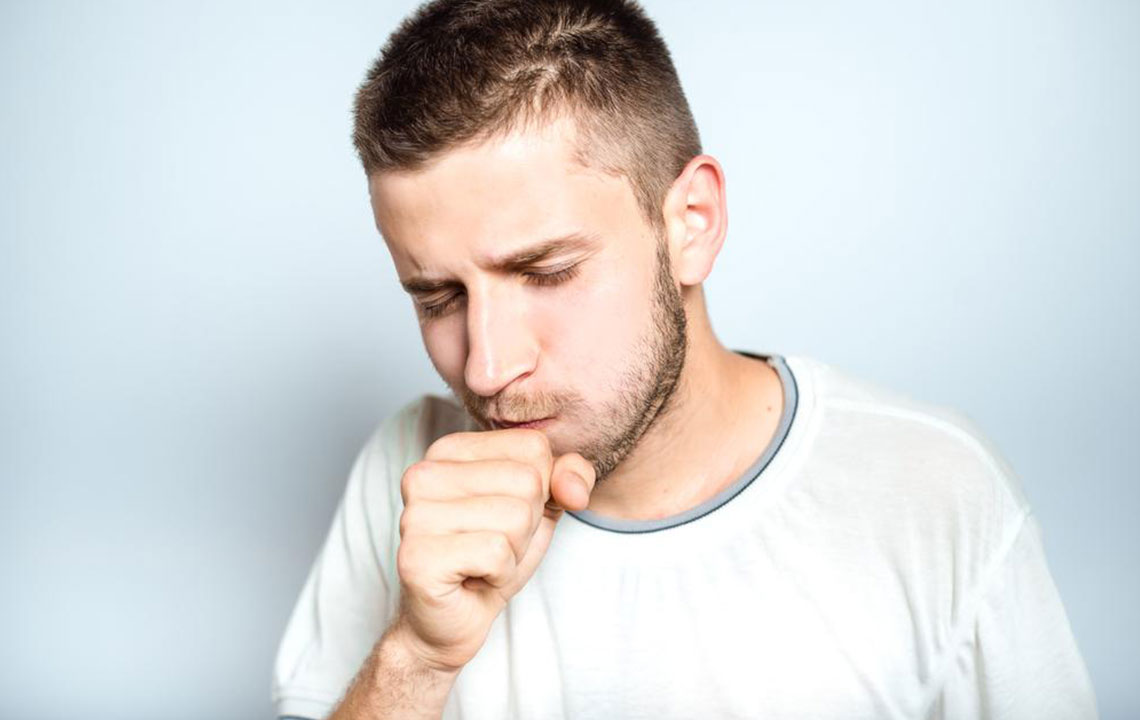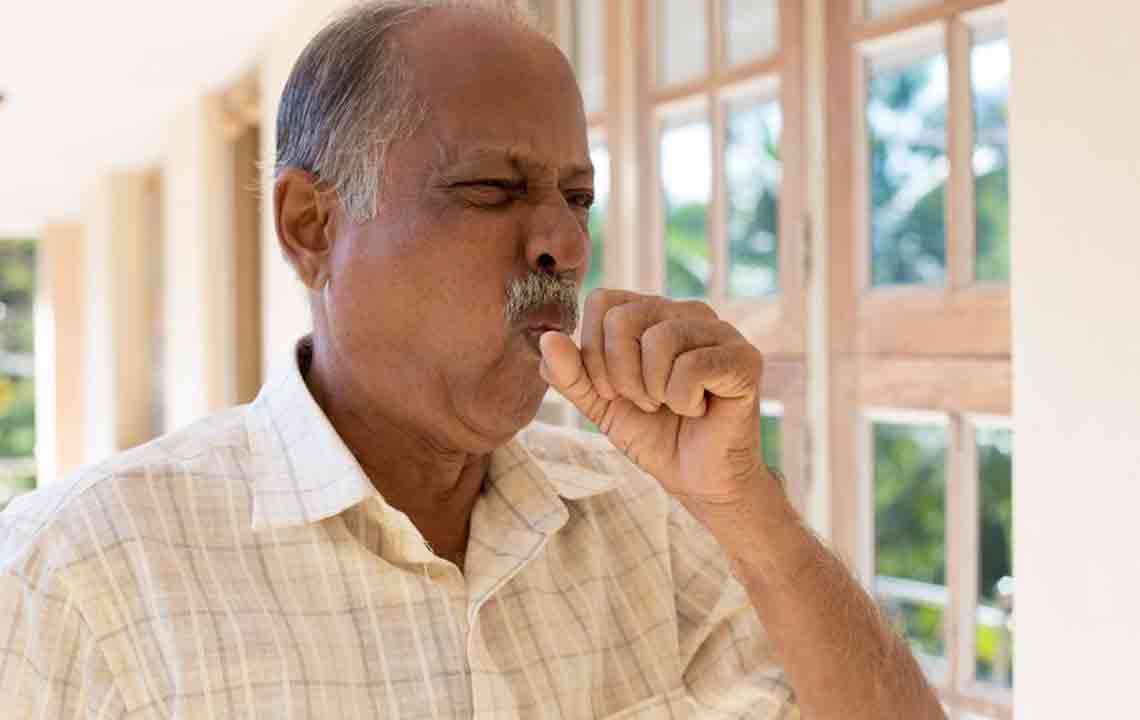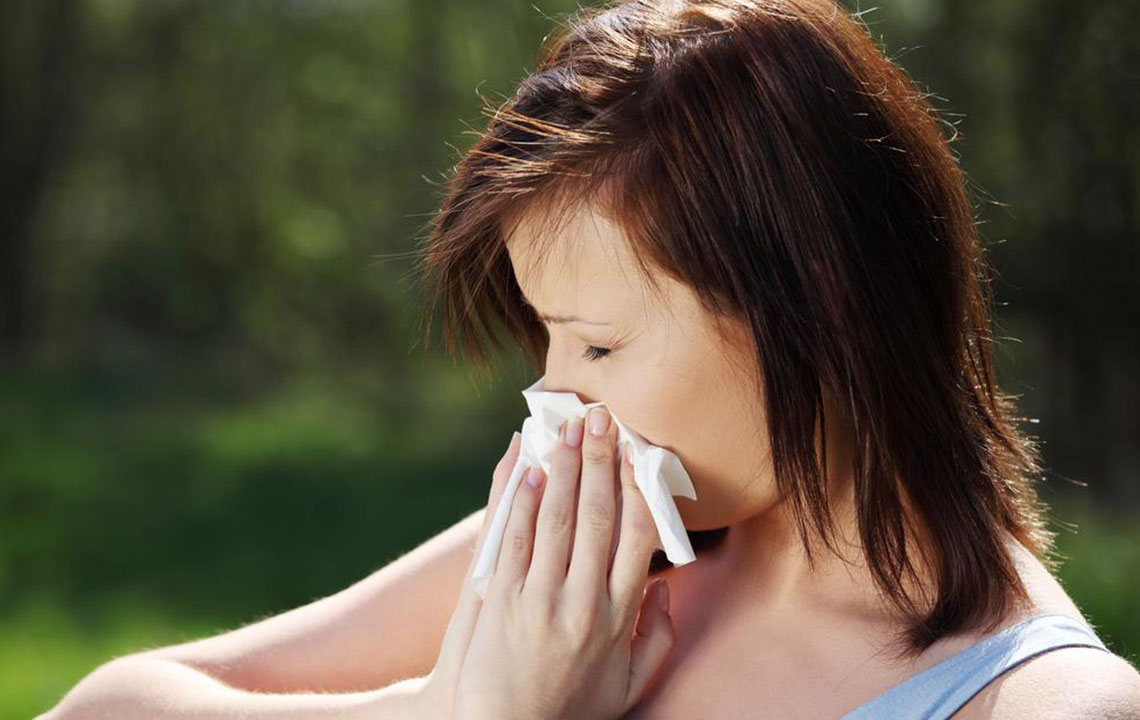Effective Strategies to Manage Post-Nasal Drip Cough
Learn effective methods to prevent and treat post-nasal drip cough, including medical treatments and home remedies. Recognize symptoms early and apply the appropriate solutions such as nasal sprays, antihistamines, and natural rinses to alleviate persistent coughing caused by mucus buildup. Proper management can improve quality of life and reduce complications associated with this common condition.
Sponsored

Post-nasal drip cough occurs when mucus flows from the nasal passages down the back of the throat, leading to persistent coughing. This condition is often associated with allergies, sinus infections, colds, or irritants like dust and pollen. The mucus serves to clean nasal passages but can become thick and difficult to clear, especially during allergies or sinusitis. When excess mucus accumulates, it triggers a cough, sore throat, and can cause ear infections. Managing this cough involves addressing underlying causes and using appropriate treatments.
This condition, also called upper airway cough syndrome, can be aggravated at night, disrupting sleep. Identifying symptoms such as nasal congestion, throat irritation, and persistent coughing is crucial for timely treatment.
Post nasal drip often results from colds, sinusitis, allergies, or environmental factors like smoke and pollen. Excess mucus is swallowed or drips down the throat, causing irritation, sore throat, and coughing. Thick mucus can be harder to clear, intensifying symptoms. Sinus infections may require antibiotics or minor surgery if chronic. Mucus buildup can promote bacteria formation and lead to tonsil stones with bad odor. Allergies are common triggers, and medications like antihistamines or nasal steroids often provide relief.
If you notice symptoms like persistent cough, throat discomfort, nasal congestion, and bad breath, consult a healthcare professional. Treatment options include nasal sprays, antihistamines, decongestants, and home remedies to reduce mucus and soothe the throat.
Effective treatments include over-the-counter nasal steroids like Flonase or Nasacort, which can quickly reduce symptoms. Oral antihistamines such as Claritin or Allegra, especially non-sedating options, can provide daytime relief. Nasal sprays like Azelastine or Ipratropium help decrease nasal congestion. Combining antihistamines with decongestants like Sudafed may also be beneficial but should be used cautiously due to blood pressure effects. Home remedies, including saltwater rinses and breath freshening mouthwashes, help manage symptoms naturally.
By adopting these strategies, individuals can effectively reduce post-nasal drip cough and restore comfort.






